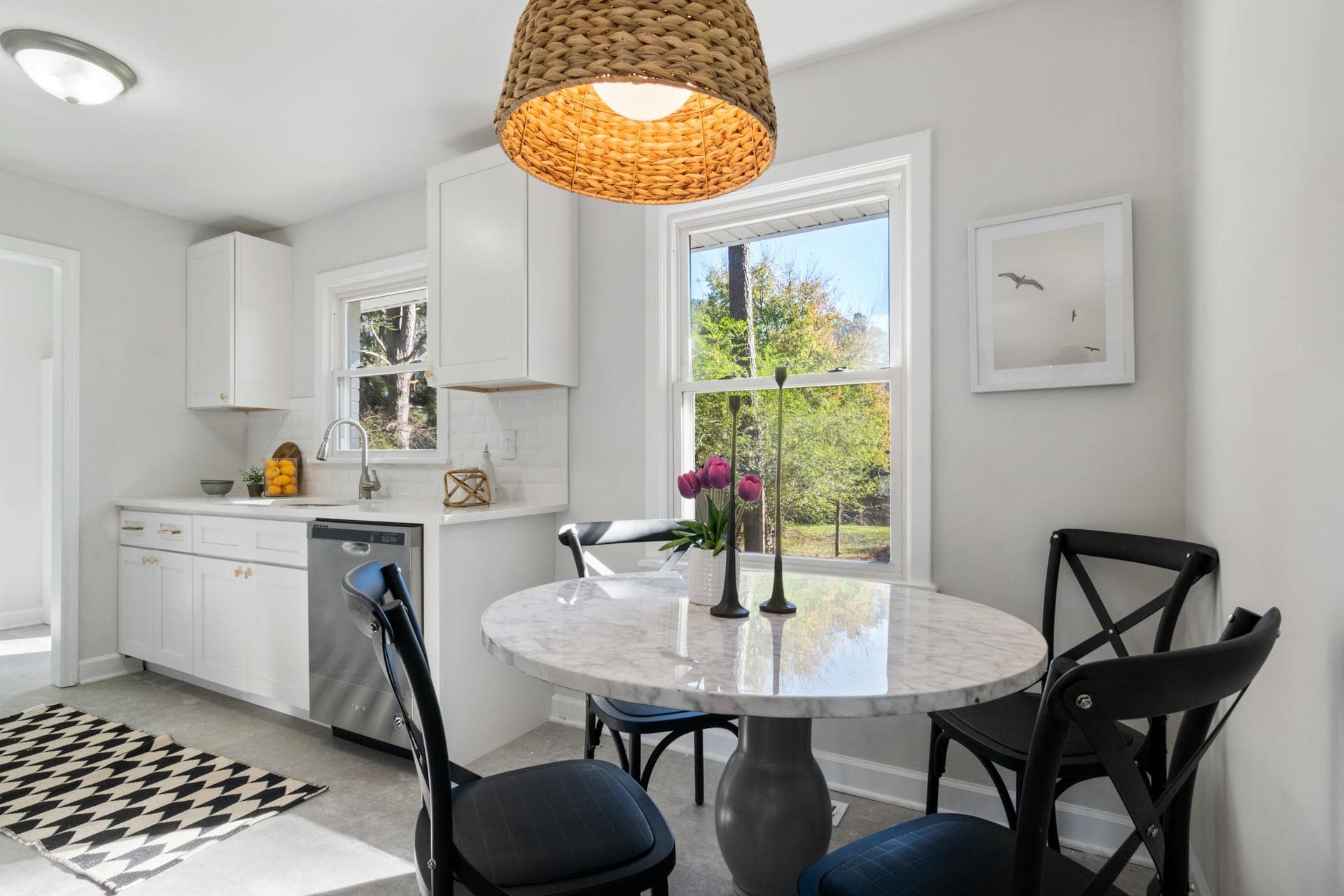The booming hospitality industry in Nigeria presents a wealth of opportunities for entrepreneurs looking to venture into the short-let rental business. With the rise of tourism, business travel, and the desire for unique accommodation experiences, starting a short-let rental business can be a rewarding endeavor. In this blog post, we’ll provide a comprehensive guide on how to embark on this exciting journey in the Nigerian real estate market.
1. Market Research and Location Selection: Market Research:
- Begin by conducting thorough market research to understand the demand for short-let accommodations in different regions of Nigeria.
- Identify your target audience, including tourists, business travelers, and locals seeking temporary housing.
Location Selection:
- Choose strategic locations based on demand and accessibility, such as popular tourist destinations, business districts, or residential areas with high footfall.
2. Legal Considerations:
- Register your short-let rental business with the appropriate authorities.
- Understand and comply with local zoning and regulatory requirements for short-term rentals.
3. Property Acquisition and Furnishing:
- Acquire suitable properties for short-let purposes, considering factors like location, size, and amenities.
- Furnish properties with a focus on comfort, functionality, and aesthetic appeal. High-quality furnishings can enhance the guest experience.
4. Online Presence and Branding:
- Establish a strong online presence by creating a user-friendly website showcasing your short-let properties.
- Leverage social media platforms to promote your brand and engage with potential guests.
- Develop a distinctive brand identity to set your short-let business apart in the competitive market.
5. Photography and Listing Optimization:
- Invest in professional photography to showcase your properties in the best light.
- Optimize property listings on online platforms with compelling descriptions, amenities, and accurate pricing information.
6. Pricing Strategy:
- Develop a competitive and flexible pricing strategy based on factors like location, property size, and seasonal demand.
- Consider offering discounts for longer stays to attract extended bookings.
7. Guest Services and Amenities:
- Provide exceptional guest services, including timely communication, key exchange, and assistance throughout the stay.
- Enhance guest satisfaction by offering amenities such as Wi-Fi, fully equipped kitchens, and cleaning services.
8. Security and Safety Measures:
- Implement robust security measures for both guests and properties.
- Ensure compliance with safety standards, including fire safety, and provide emergency information for guests.
9. Marketing and Promotion:
- Implement digital marketing strategies, including search engine optimization (SEO) and online advertising, to increase visibility.
- Collaborate with travel influencers or local businesses to promote your short-let rentals.
10. Guest Reviews and Feedback:
- Encourage guests to leave reviews and feedback to build credibility and attract future bookings.
- Use feedback to continuously improve services and address any issues promptly.
11. Compliance with Tax Regulations:
- Understand and comply with tax regulations related to short-term rentals in Nigeria.
- Keep accurate records of income and expenses for tax reporting purposes.
12. Networking and Partnerships:
- Network with other local businesses, tourism boards, and travel agencies to build partnerships.
- Consider joining short-let rental associations to stay informed about industry trends and regulations.
Conclusion: Embarking on a short-let rental business in Nigeria requires a strategic approach, dedication, and a commitment to providing excellent guest experiences. By understanding the market, complying with regulations, and offering unique and well-maintained properties, entrepreneurs can tap into the growing demand for short-term accommodations in Nigeria’s vibrant and diverse hospitality landscape.



